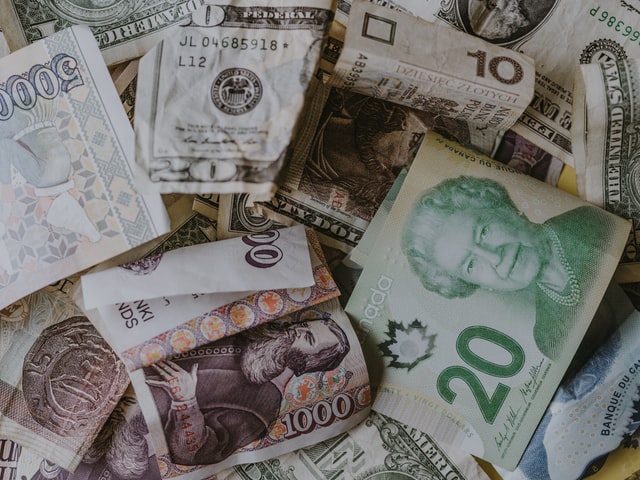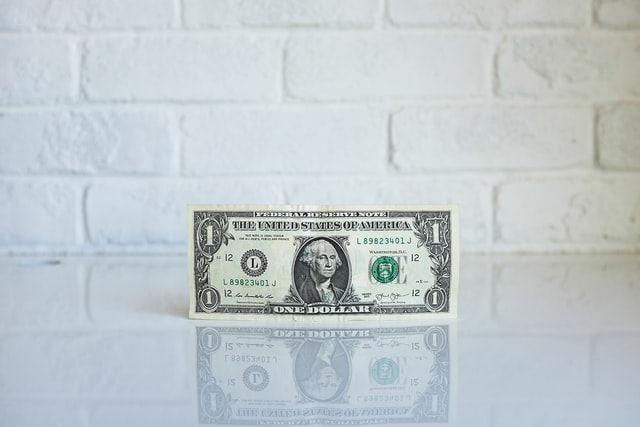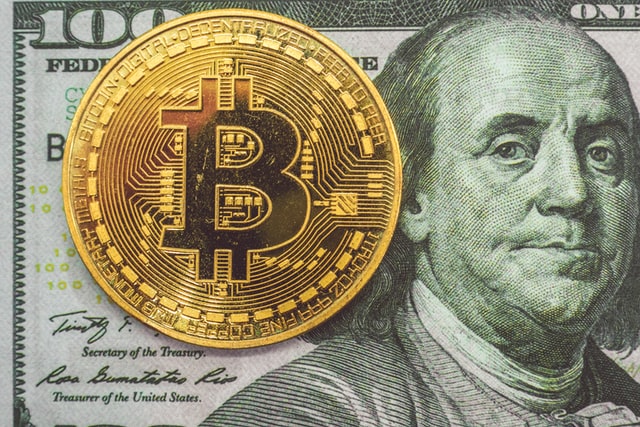The world’s currency markets are amongst the most volatile and highly leveraged around, with an estimated $6.6 trillion traded globally through the foreign exchange every single day.
Make no mistake; the forex market is characterised by its derivative and unpredictable nature, which enables traders to make short-term gains without having to assume ownership of the underlying financial asset.
One of the reasons for the market’s volatility is its vulnerability to a host of macroeconomic factors, including everything from interest rates and inflation to ongoing geopolitical conflicts.
In this post, we will look at the factors that can impact on currency markets, while asking how the Presidential election in the US will impact on the foreign exchange.
The Daily Factors that Affect Currency Markets
On a fundamental level, one of the biggest influencing factors on the forex market is speculation, as demand and activity level increase in instances where currencies are expected to rise.
This causes a further appreciation in the value of the currency, while most likely triggering a widespread sell-off as investors look to cash in and bank a viable return.

In terms of external factors, regular economic reports can have a significant impact on currency markets. These reports consist of data that can actively help traders to navigate the markets on a daily basis, including analysis of respective nations’ gross domestic product (GDP).
This provides a broad, baseline measure of a country’s economy, particularly in terms of productivity and sentiment within key markets. As this increases (or a nation’s debt-to-GDP ratio declines in line with growth or reduced spending), the value of the country’s currency will usually follow suit.
The interconnected factors of inflation and interest rates also impact on currency values, with this trend having been borne out by the coronavirus pandemic.

This is especially true in the case of interest rates, as countries across the globe have initiated quantitative easing and stimulus packages as a way of combating the socio-economic impact of coronavirus.
A key element of this involves minimising the base interest rate, which has the knock-on effect of devaluing the national currency and reducing capital inflows from overseas. It’s the debate around stimulus measures that has undermined the value of the USD in Q3, with this uncertainty having significantly boosted the performance of the GBP/USD.
Current Affairs and the US Election – Appraising the Impact on Currency Markets
As we referenced earlier, the geopolitical relationship between certain nations impacts directly on currency values and specific pairings in the marketplace.
Even domestic events can have a significant impact on currency values, with the upcoming US election offering a relevant case in point.

Interestingly, it’s the uncertainty associated with an election that typically destabilised the marketplace and impacts on currencies, and this even applies despite the unusual circumstances that have defined the build-up to the 2020 vote.
For example, we can see that Democrat candidate Joe Biden retains a national lead in excess of eight points, while he also leads decisively in the majority of swing states.
Similarly, more than 66 million have already cast their ballots by mail ahead of election day, which hints at both a record turnout and increased support for the Democrat party (if the national membership statistics are anything to go by).
However, if we observe historical election cycles and the effect of the US election on currency markets, we see that the markets tend to react adversely when a new President is elected, while Biden’s ascension would also cause short-term issues for the greenback as a result of his proposed tax hikes and large infrastructure spending plans.
This can at least inform traders and enable them to adapt their strategy during Q4, but from a longer-term perspective, research has found that the USD has consistently appreciated during the terms of the average democratic president.

Conversely, the long-term value of the US dollar has depreciated on average over the typical four-year term of a Republican president, and this has been borne out during Donald Trump’s tenure (although this trend has also been impacted by coronavirus). Of course, this is an election year like no other, and investors will have to trade the Presidency and aforementioned factors alongside Covid-19 if they’re to operate successfully. The good news, however, is that Biden’s election seems the most likely outcome, with his lead larger and more consistent than at any time during Hilary Clinton’s campaign.
